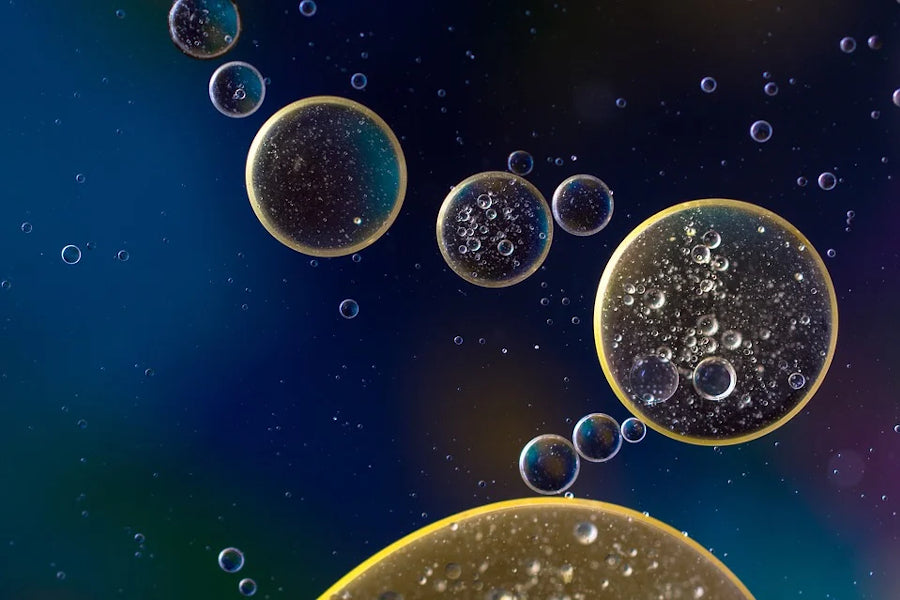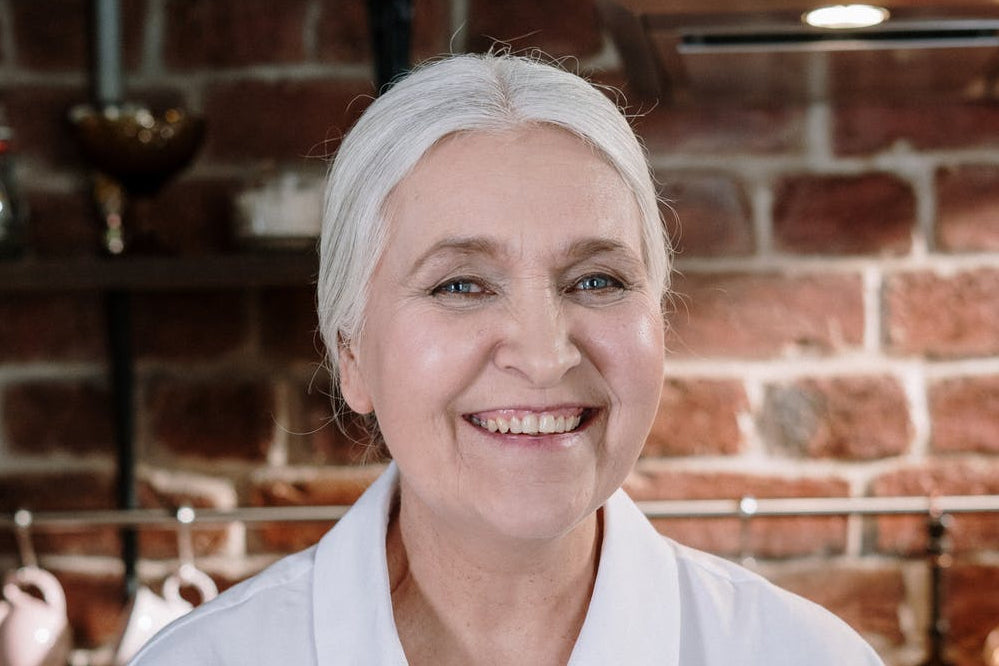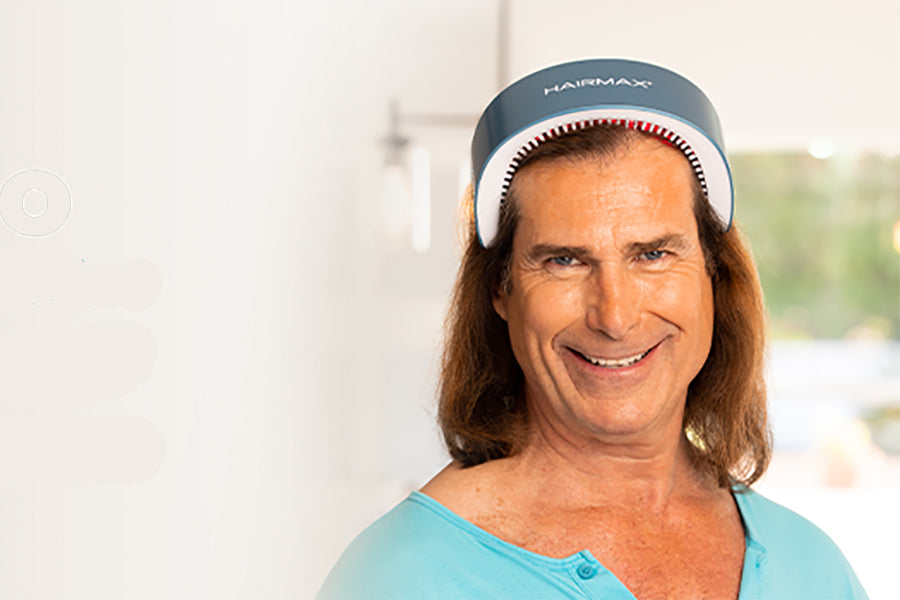We have seen a growing trend of news articles touting different essential oils as potential hair loss treatments, so we thought it only right to bring you our take on these essential oils. Oil based products have been used for years in cosmetic products due to its ability to be absorbed into the skin. When it comes to treating hair loss, some of the essential oils that are being spoken about include peppermint oil, rosemary oil, thyme oil and birch oil. Every oil has a different ability to be absorbed by the scalp and carries it's own unique set of properties and nutrients.
Peppermint Oil for example has vasodilating properties, which means the scalp gets a better blood supply. Lack of blood supply in itself doesn’t cause hair loss, like some websites and articles do claim. A lack of blood supply to the scalp would have some serious effects other than hair loss. An increase in the blood supply will bring with it an increase in the nutrients that are available to each hair follicle. Having an extra source of nutrients doesn’t mean that your hair follicle is able to use them. An increase in cellular energy is needed to be able to grow a thicker, stronger and healthier hair that the increase in nutrients can support.
Thyme Oil promotes hair growth by balancing oil-producing glands in the scalp and it is claimed can lower your risk of hair loss. This touches upon another myth that excess sebum production can lead to hair loss. Sebum is an oil that is secreted by glands all over the skin to protect the skin and hair. In the case of hair, sebum’s role is creating a barrier on the outer layer of the hair. This helps the hair to retain moisture within it and therefore maintain its health for longer. Some people do see excessive sebum production that leaves the scalp and hair feeling overly oily. There is a myth that this excessive sebum production will block pores and hair follicles preventing healthy and regular hair growth. Thyme oil may very well help to keep the health of our hair and scalp in an optimal condition, but it is unlikely to treat our hair loss.
Birch bark has apparently been an ingredient used in Shampoo’s since the 19th Century! Now birch bark oil is being spoken about having benefits for anyone who is suffering with hair loss. Birch bark is rich in Vitamin C, which is due to nature’s ability to store Vitamins in the bark. Vitamin C is a powerful antioxidant that will prevent free radicals causing oxidative stress. Vitamin C is also used by the body in the production of Collagen, which keeps our skin healthy and firm. Lupeol Betulinic Acid is found in Birch Bark Oil which can improve keratin absorption, reduce inflammation and inhibit bacterial growth. All of this together could help to promote healthier hair growth and scalp maintenance, but as a hair loss treatment it will probably leave you lacking in results.
Low Level Laser Treatment Regrows Your Hair
With this treatment, therapeutic light energy is delivered directly to your hair follicles through the highest quality medical-grade lasers. It uses safe, nourishing low level laser light energy to stimulate the hair follicles at a cellular level. This helps to promote hair growth and extend your hair’s natural growth cycle. HairMax are the leading brand in this field and their lasers have been independently cleared by the FDA to work for hair loss.
☎️ 01625 533588 our friendly customer service team
#hairmax #hairscience #malehairloss #femalehairloss #hairgrowth #hairlosstreatment




Share:
JAK Inhibitors – Could they treat your hair loss?
Is Hair Loss a symptom of Covid-19?